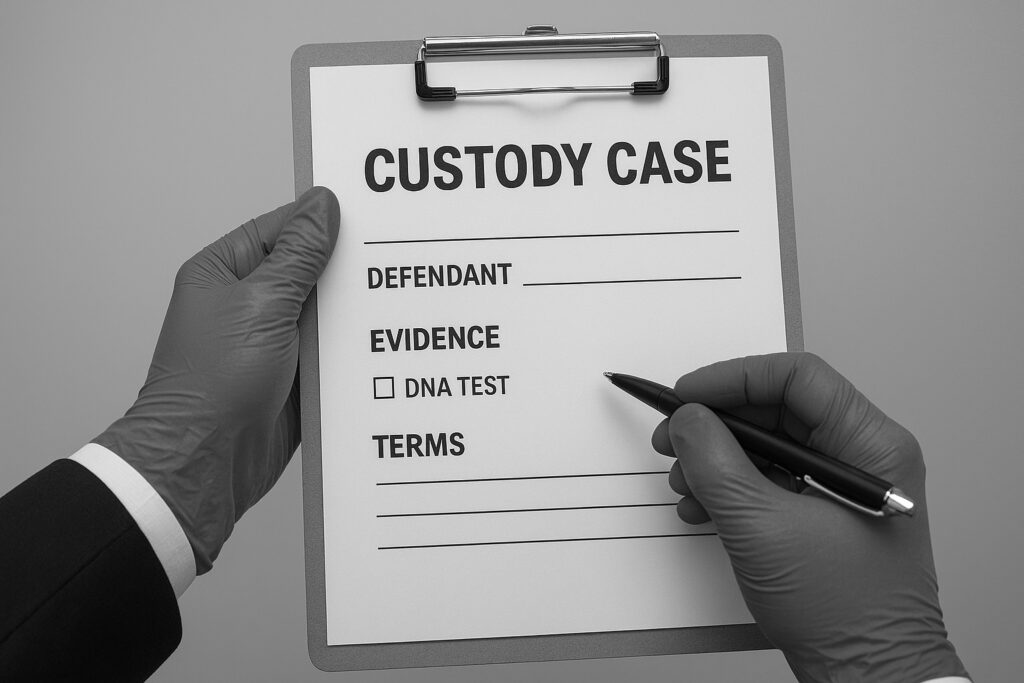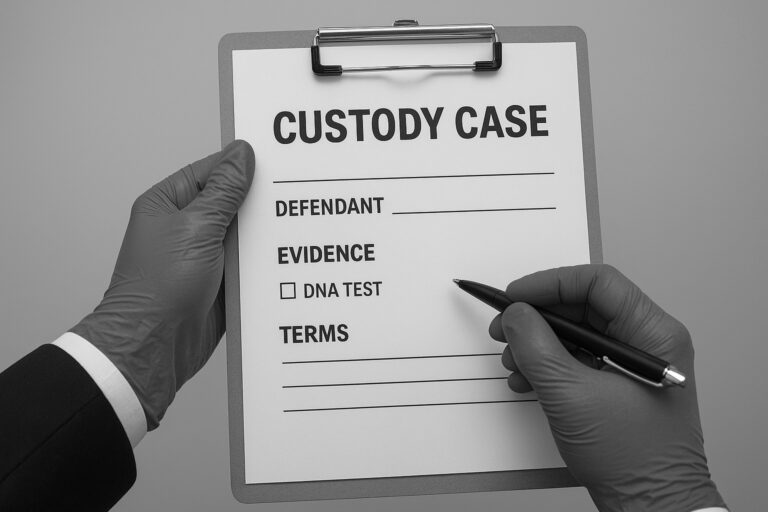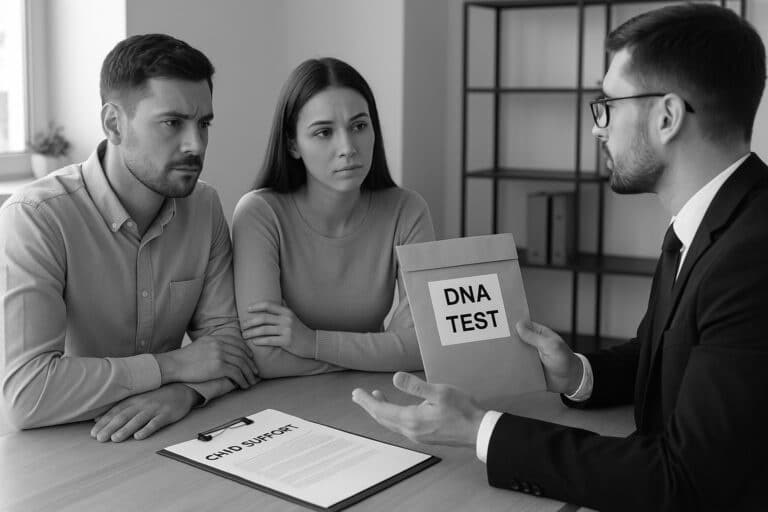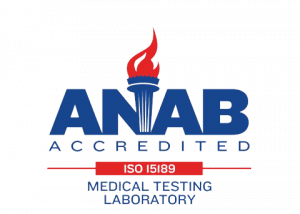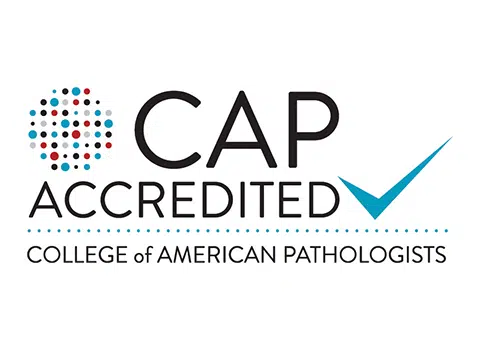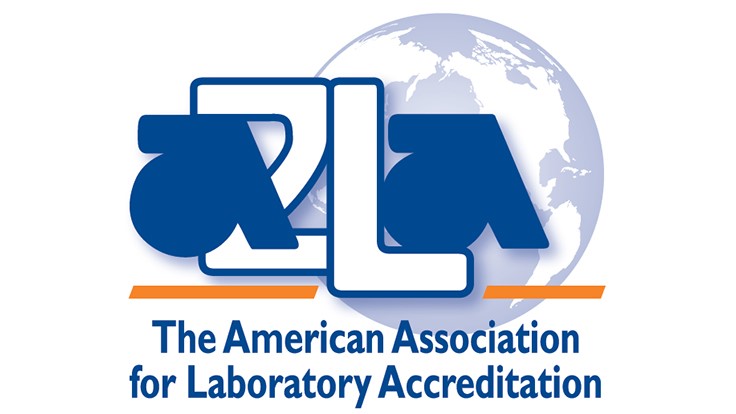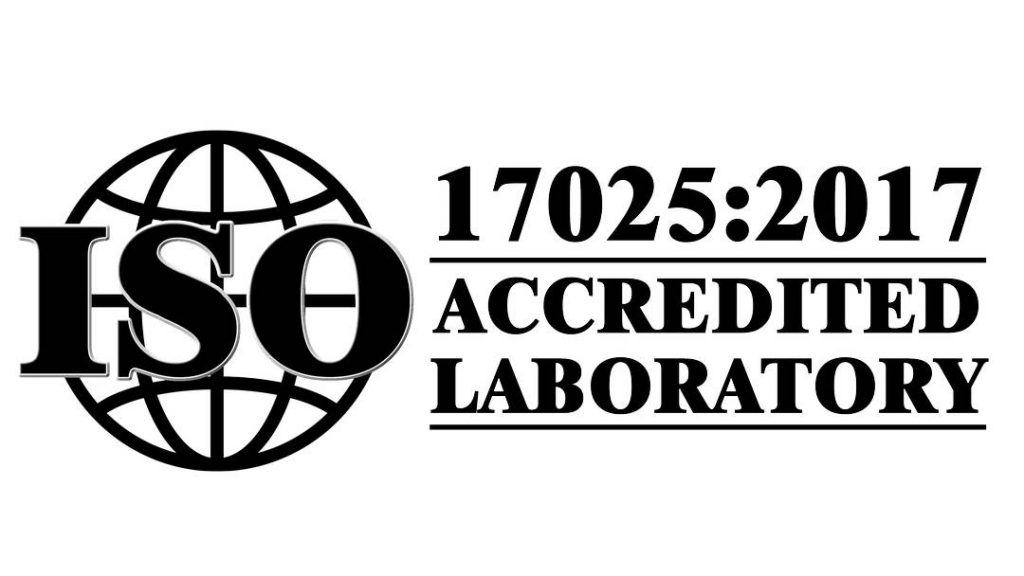When you’re facing a custody battle, things can get really tough. You might need to prove who the biological parents are. That’s where a legal DNA test for custody battles comes in handy. It’s a way to get clear, factual answers when emotions are running high. This kind of test is different from the ones you might do at home for curiosity. It follows specific rules so the results can be used in court. Let’s break down what you need to know about using a legal DNA test for custody.
Table of Contents
ToggleKey Takeaways
A legal DNA test for custody battles uses strict procedures for collecting samples. This ensures the results are taken seriously by the court.
The process involves a witnessed sample collection and a “chain of custody” to prove the sample belongs to the right person.
These tests provide definitive proof of parentage, which can help resolve disputes and establish legal rights for child custody.
Understanding Legal DNA Tests for Custody
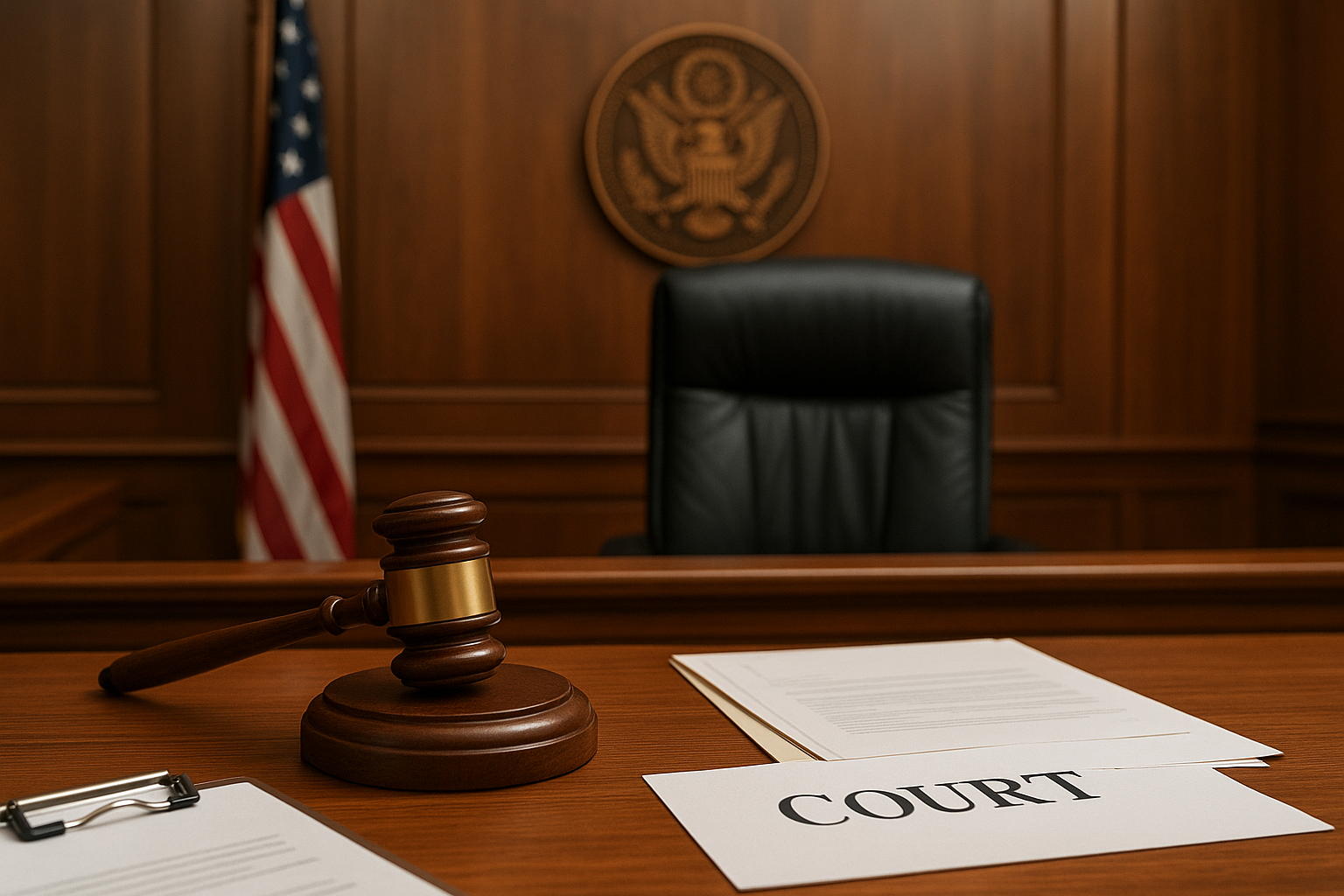
When you’re in the middle of a custody dispute, things can get pretty heated. Sometimes, one parent might question if the other is actually the biological parent, and this is where a legal DNA test comes into play. These tests provide definitive proof of parentage, taking the guesswork out of a really sensitive situation. They are designed to be used in legal settings, meaning the results can be presented in court to help settle these kinds of disagreements. It’s not about personal curiosity; it’s about establishing facts when they matter most for your child’s future.
What is a Legal DNA Test?
A legal DNA test is essentially a paternity or maternity test, but with a very specific process for collecting and handling the samples. Unlike a home DNA test you might order out of curiosity, a legal test requires a strict chain of custody. This means an impartial third party, like a doctor or a certified sampler, must oversee the collection of DNA samples. They verify the identity of everyone being tested, usually through government-issued identification and photographs. This meticulous process is what makes the results admissible in court. The actual science behind the test is the same as a private test; DNA is extracted from cheek swabs and analyzed to compare genetic profiles. The difference is purely in the documentation and verification steps during sample collection.
Why Choose a Legal DNA Test for Custody Disputes?
When court decisions about child custody are on the line, assumptions just won’t cut it. A legal DNA test offers clear, scientific evidence. This can be incredibly helpful if there are doubts about biological parentage, which can impact custody rights and child support obligations. It helps ensure that decisions are made based on factual information rather than emotional arguments or accusations. Having this concrete evidence can simplify the legal process and lead to a more stable outcome for everyone involved, especially the child. It’s a way to get a clear answer when the stakes are high.
Establishes Biological Relationships: Confirms or refutes paternity or maternity, which is often a core issue in custody cases.
Provides Court-Admissible Evidence: The strict chain of custody protocol means the results can be officially recognized by judges.
Resolves Disputes: Offers a factual basis for resolving disagreements about parentage, reducing emotional conflict.
Supports Legal Proceedings: Can be used to determine child support, visitation rights, and other custody-related matters.
The process for a legal DNA test is designed to prevent any tampering or mix-ups with the samples. This is why having a neutral professional collect the samples and document everything is so important. It’s all about making sure the results are reliable and can be trusted by the court.
If you need to establish parentage for legal reasons, you’ll want to look into a legal paternity test. This type of testing is specifically set up to meet court requirements.
The Process of Legal DNA Testing
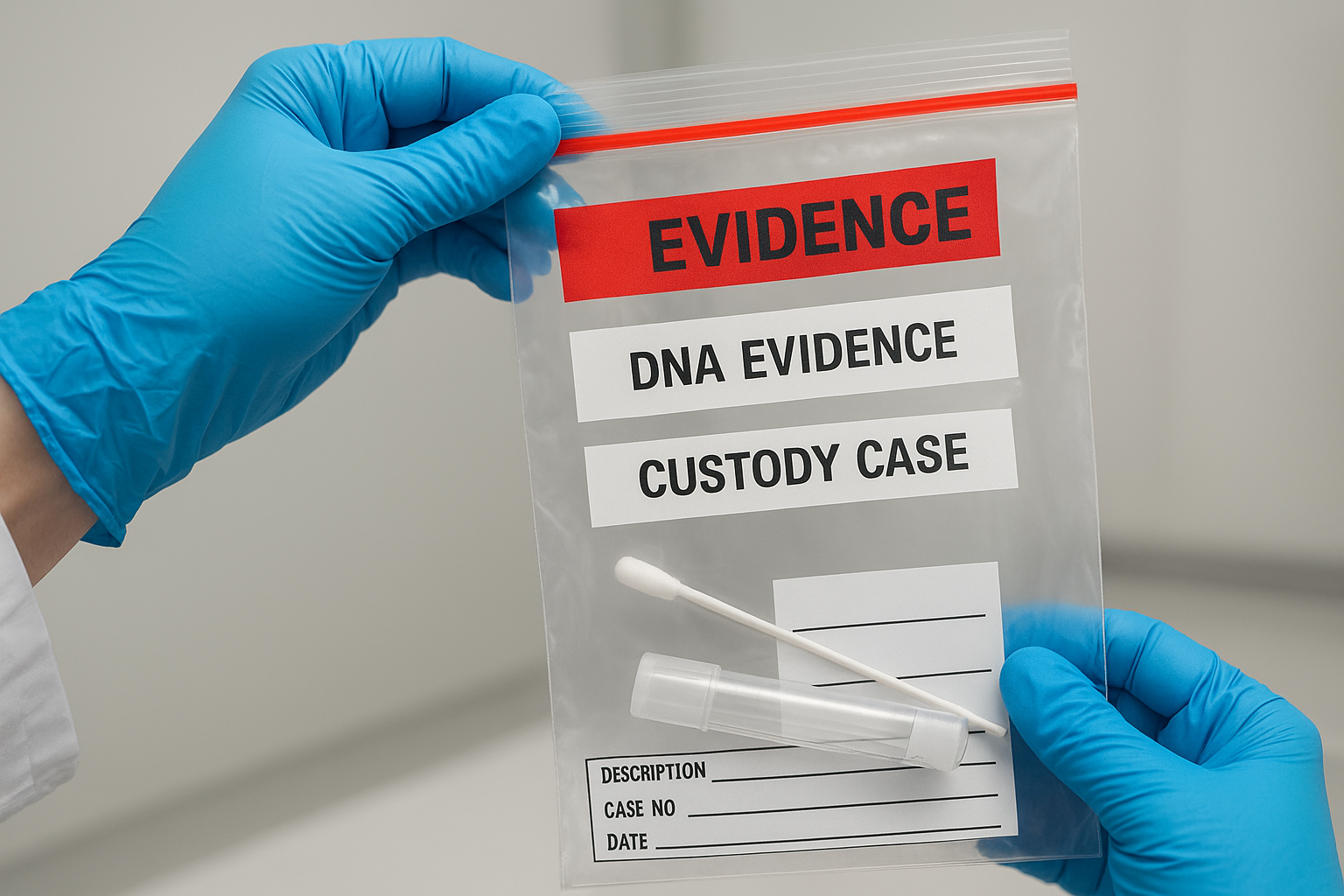
When you need DNA test results that hold up in court, the process is a bit more involved than a home kit. It’s all about making sure the results are undeniable and can be trusted by judges and legal professionals. This means every step is carefully managed.
The most significant difference between a legal DNA test and a private one is how the samples are collected. For legal purposes, the collection must be witnessed by an impartial third party. This person, often called a sampler, is usually a doctor, nurse, or notary. They verify the identity of everyone providing a sample. This strict procedure is known as the Chain of Custody. It’s a documented trail that shows who handled the samples from the moment they were collected until they reached the lab. This prevents any questions about tampering or mix-ups.
Here’s what you can expect during sample collection:
Identification Verification: You’ll need to present a valid, government-issued photo ID, like a driver’s license or passport. For children, a birth certificate might be required. Photocopies are usually needed too.
Sample Swabbing: A certified DNA specialist will use a sterile mouth swab to collect cells from the inside of your cheek. It’s quick and painless.
Documentation: The sampler fills out a Chain of Custody form, noting all details about the collection and the individuals involved. Photos might also be taken.
Ensuring Admissibility in Court
For your DNA test results to be accepted in legal proceedings, like custody battles, they must be performed by an accredited laboratory. This accreditation means the lab meets high standards for accuracy and reliability. The meticulous Chain of Custody process is what makes the results legally admissible. It provides the court with confidence that the DNA profile tested truly belongs to the person it’s supposed to. Without this proper protocol, the results might be challenged and dismissed. You can find accredited labs that offer legal DNA testing services, sometimes even with mobile units that can come to you. The results are typically ready within a few business days after the lab receives the samples, allowing you to move forward with your legal case based on factual evidence. This process helps to establish definitive proof of parentage, which is vital when making decisions about child support or custody arrangements. You can find more information about DNA profiling for legal matters on pages discussing DNA profiling techniques.
The entire point of the legal DNA testing process is to create an irrefutable record. From the moment the swab touches your cheek to when the results are analyzed, every action is documented to ensure the integrity of the genetic information. This prevents any doubt about the accuracy of the findings when they are presented in a courtroom.
Understanding how legal DNA testing works is simpler than you might think. It involves collecting samples, sending them to a lab, and getting accurate results. This process is crucial for legal matters, ensuring fairness and truth. Ready to learn more about how we can help you? Visit our website today to get started!
So, What's the Takeaway?
When things get tough and you need clear answers about parentage for legal reasons, a DNA test can be a solid tool. It’s not about guessing; it’s about facts. You’ve seen how these tests work and why the legal process is different – it’s all about making sure the results are solid enough for court. Whether it’s for custody, child support, or other legal matters, knowing the biological facts can help you move forward. If you’re in this situation, remember that getting accurate, legally recognized results is possible. It might seem like a lot, but having that certainty can make a big difference in your family’s future. and you need clear answers about parentage for legal reasons, a DNA test can be a solid tool. It’s not about guessing; it’s about facts. You’ve seen how these tests work and why the legal process is different – it’s all about making sure the results are solid enough for court. Whether it’s for custody, child support, or other legal matters, knowing the biological facts can help you move forward. If you’re in this situation, remember that getting accurate, legally recognized results is possible. It might seem like a lot, but having that certainty can make a big difference in your family’s future.
Frequently Asked Questions
What's the main difference between a home DNA test and a legal DNA test for custody cases?
The biggest difference is how the samples are collected. For a legal DNA test, a neutral third party must watch and record the sample collection. This ensures the results are trustworthy and can be used in court. Home DNA tests don’t have these strict rules because they’re just for your personal information.
How long does it take to get the results of a legal DNA test?
Once the lab gets your samples, you can usually expect your results within 1 to 2 business days. This helps speed things up when you need answers for important legal matters.
Do you need the mother's DNA sample for a legal paternity test in a custody case?
For a legal paternity test, you don’t absolutely need the mother’s DNA sample. The test can be very accurate using just the child’s and the alleged father’s samples. However, including the mother’s DNA can sometimes make the results even stronger, but it’s not required.


